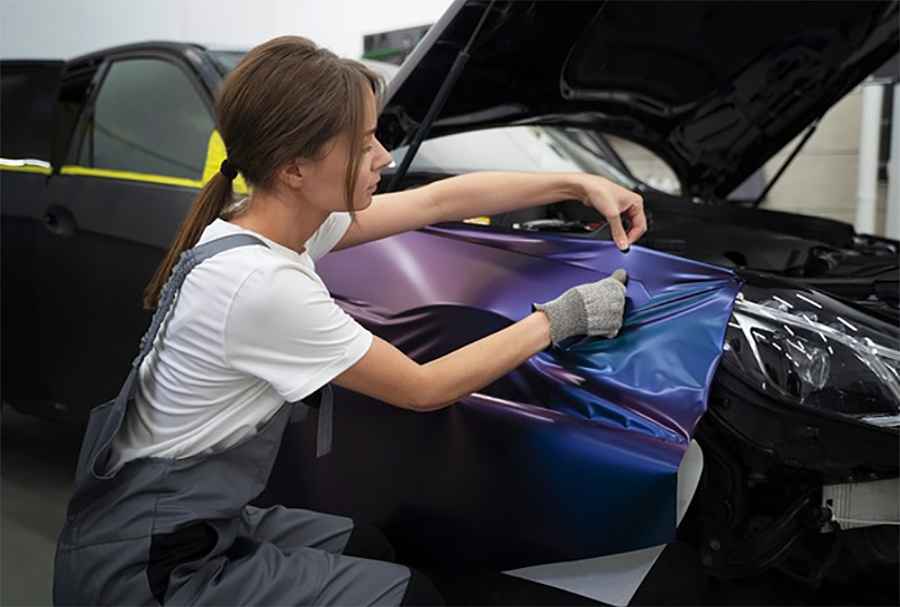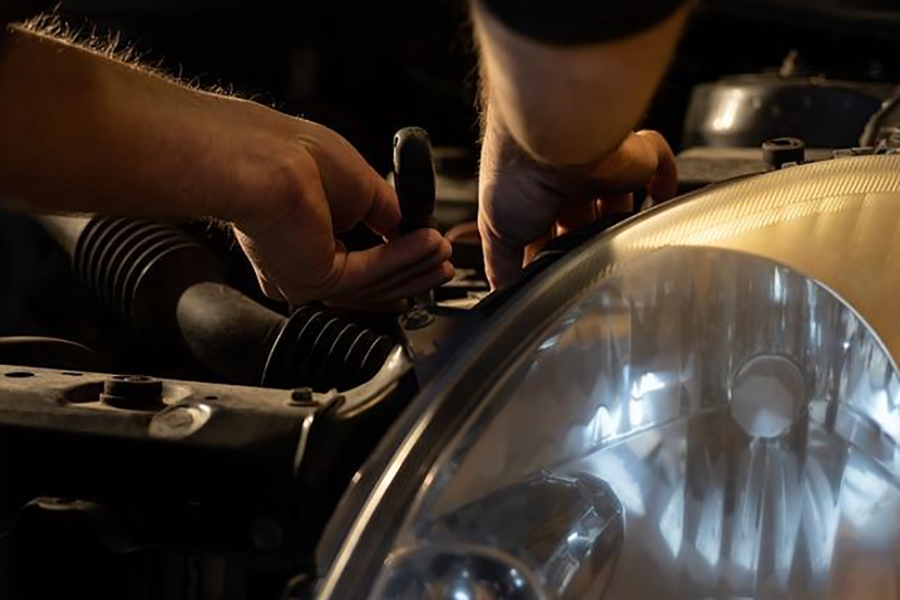Save Big on Car Repairs: Unveiling the Top 7 Car Insurance Tips for Protection
Car repairs can often be costly and unexpected, leaving car owners searching for ways to mitigate the financial burden. Comprehensive car insurance coverage protects yourself and your vehicle against unforeseen accidents or damages. However, understanding the intricacies of car insurance can be overwhelming. This article will unveil the top seven car insurance tips to help you save big on car repairs and ensure you have the necessary protection.

Understand Your Coverage Options
Before purchasing car insurance, it is crucial to understand the different coverage options available. The reputable providers of auto insurance in Chester recommend that you first seek professional advice. Navigating the complex world of car insurance can be challenging, and seeking professional advice when necessary is essential. Insurance agents, as well as brokers, can provide valuable insights and guidance tailored to your needs. They can help you understand different coverage options, explore available discounts, and find the best insurance policy to meet your requirements and budget. In this case, the most common types of car insurance coverage you can choose from include:
- Liability Coverage: This coverage pays for damages and injuries you cause to the other party in an accident. It is typically required by law, consisting of both bodily injury liability and property damage liability.
- Collision Coverage: Collision coverage covers damages to your vehicle in the event of an accident, regardless of who is at fault. It helps cover repair costs or, in the case of a total loss, reimburses you for the value of your vehicle.
- Comprehensive Coverage: This coverage protects your vehicle against non-collision-related incidents, such as theft, vandalism, natural disasters, or falling objects. It covers repair costs or the actual cash value of your vehicle if it is stolen or damaged.
- Personal Injury Protection (PIP): PIP coverage pays for medical expenses, lost wages, and other related costs resulting from injuries suffered after being in an accident, regardless of fault.
- Uninsured/Underinsured Motorist Coverage: This coverage protects you if you are involved in an accident with a driver without insurance or insufficient coverage to pay for the damages.
Compare Quotes from Multiple Insurers
Insurance premiums vary from one company to another. To save money on car repairs, comparing quotes from multiple insurers is essential. Obtain quotes from at least three reputable insurance companies and compare coverage options, deductibles, and premiums. Consider factors such as the insurer's reputation, customer service, and claims handling process to make an informed decision.
Opt for a Higher Deductible
Consider a higher deductible because this can lower your insurance premium, allowing you to save money in the long run. A deductible is the amount you must pay out of pocket before you can use your insurance coverage. By opting for a higher deductible, you assume more risk but pay a lower premium. Assess your financial situation and choose a deductible you can comfortably afford in case of a claim.
Bundle Your Policies
Bundle your auto insurance with other policies, such as homeowners' or renters' insurance, with the same insurer. Many insurance companies offer discounts for their clients who bundle multiple policies, which can result in significant savings. Contact your insurer to inquire about available discounts for bundling your policies.
Take Advantage of Other Discounts
Insurance companies often offer various promotions that can help you save some money on your car insurance premiums. Here are some standard discounts to consider:
- Good Student Discount: If you are a student with good grades, you may be eligible for a discount on your car insurance premiums. Maintain a high GPA and provide proof to your insurer to take advantage of this discount.
- Defensive Driving Course: Completing a defensive driving course can improve your driving skills, making you eligible for discounts from your insurance provider. Check with your insurer to see if they offer this discount and enroll in a certified defensive driving course.
- Anti-Theft Devices: Installing anti-theft devices in your vehicle, such as an alarm system or a tracking device, can help deter theft and reduce the risk for the insurance company. As a result, you may qualify for a discount on your premiums.
- Multi-Vehicle Discount: You may be eligible for a multi-vehicle discount if multiple vehicles are insured under the same policy. Insuring multiple vehicles with the same provider can lead to significant savings.
- Safe Driver Discount: Some insurance companies offer discounts for individuals with clean driving records. If you have avoided accidents or traffic violations, inquire with your insurer about potential discounts.
Consider Usage-Based Insurance
Usage-based telematics or pay-as-you-drive insurance is an increasingly popular option for car owners. This type of insurance utilizes technology to monitor your driving habits, such as mileage, speed, braking, and acceleration. By opting for usage-based insurance, you can potentially save money on your car insurance premiums. Insurance companies offering usage-based insurance typically provide a device you install in your vehicle or a mobile app that tracks your driving behavior. The data collected assesses your risk profile and determines your insurance premiums. You may be eligible for significant discounts if you have safe driving habits and drive fewer miles. Usage-based insurance can benefit low-mileage drivers, students, and individuals with safe driving records. By allowing the insurance company to monitor your driving behavior, you demonstrate responsible driving habits and can enjoy lower premiums.
Review and Update Your Policy Regularly
Reviewing your car insurance policy regularly is crucial to ensure it adequately reflects your current needs. Life circumstances, such as changes in employment, marital status, or adding a new driver to your household, may require adjustments to your coverage. Contact your insurer to review your policy and make any necessary updates to ensure you are adequately protected without paying for unnecessary coverage.
By following these top seven car insurance tips and being proactive in managing your car insurance coverage, you can save big on car repairs and protect yourself financially in the event of an accident or damage. Car insurance is not just a legal requirement but a crucial investment offering peace of mind and financial security. Take the time to assess your coverage needs, compare quotes, and make informed decisions to ensure you have the right car insurance policy.
